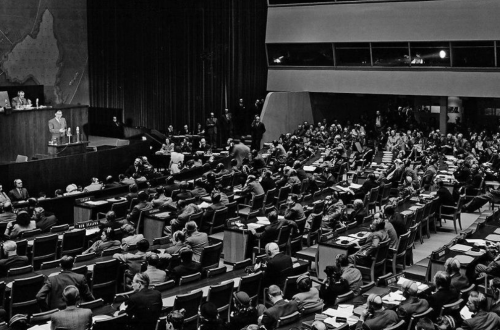This is a guest post by Sarah AB
Even people who are naturally strike-averse, or who were unsure of the merits of the BA workers’ case, might have been made uneasy, back in May, when BA managed to overturn the ballot in favour of industrial action on a technicality – a ballot in which 81% voted in favour of strikes based on a 70% turnout. As reported in the Guardian:
BA won the injunction on the grounds that Unite had failed to comply with a technical legal provision which obliges unions to inform all eligible voters of the exact breakdown of votes in a ballot, including spoiled votes.
This injunction was later overturned by the High Court. Lady Justice Smith observed that “It was a fair and open ballot and not to uphold the appeal would mean that the rights of workers to withdraw their labour would be undermined.”
Although it could be argued that rules are rules – and it’s the responsibility of each union to obey them – it has also been pointed out that the current legislation means that union ballots are subject to more stringent regulations than general elections.
The Lawful Industrial Action (Minor Errors) Bill was introduced as a Private Members Bill by John McDonnell to address such situations, and make it more difficult to overturn ballot results on a technicality. However the Bill needed 100 MPs’ support in the Commons to ensure it reached the next stage; it only secured 87 votes.
Perhaps there are rational reasons for opposing the bill – perhaps it goes beyond a correction of the problem identified by Lady Justice Smith – but I cannot track down any substantive objections. In fact, if Harry’s Place can bear a double hat tip to Socialist Unity, I might ask, with James Bloodworth, where’s Labour?
Hat tip: Socialist Unity


